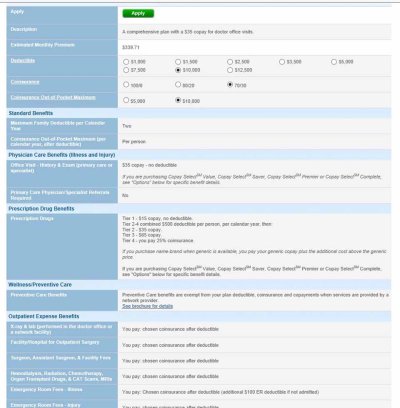Like many healthy senior American’s age 60 & 61, my wife and I are looking to purchase affordable health insurance. We will retire early on Jan 1, 2014. I planned for a high deductible catastrophic health insurance plan for $300-$500 a month. It looks like that is possible this year in Florida, but not next year. I guess my premium next year will be in the $1200-$1400 range. I won’t be eligible for a subsidy until 2015, as I have deferred compensation in 2014 that I will live on for more than a year. So I am looking for an alternative to Obamacare. I’ve been doing some research on medi-share. It’s not health insurance but works similar to it. They collect monthly payments from you and pay your medical bills. They’ve been around since 1993 and they are a legal substitute to the ACA. Does anyone here have experience with them or are considering them as an alternative to Obamacare?
My Christian Care
My Christian Care

